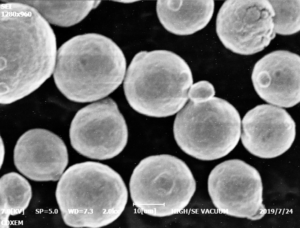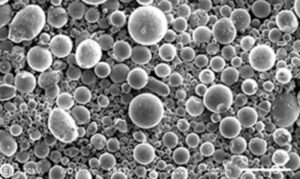Cuando se trata de materiales avanzados en industrias como la aeroespacial, la biomédica y la automovilística, las aleaciones de titanio suelen acaparar la atención. Entre ellas, Aleación de titanio Ti64también conocido como Ti-6Al-4V, es la superestrella. Pero, ¿qué hace que el Ti64 sea tan especial? ¿Por qué es el material preferido en tantas aplicaciones de alto rendimiento? Profundicemos en los detalles y exploremos los entresijos de esta fascinante aleación.
Visión general de la aleación de titanio Ti64
La aleación de titanio Ti64, o Ti-6Al-4V, es una aleación de titanio compuesta por aluminio 6% y vanadio 4%. Esta composición particular confiere a la aleación su notable resistencia, ligereza y excelente resistencia a la corrosión. El Ti64 es un material que ofrece un rendimiento excepcional donde más se necesita, ya se trate de piezas aeronáuticas, implantes médicos o componentes de alto rendimiento para automóviles.
Composición clave de la aleación de titanio Ti64
Una de las razones por las que Ti64 es tan popular es su composición cuidadosamente equilibrada. He aquí un vistazo más de cerca a lo que compone esta aleación:
| Elemento | Composición (%) |
|---|---|
| Titanio (Ti) | 89-90% |
| Aluminio (Al) | 6% |
| Vanadio (V) | 4% |
| Oxígeno (O) | 0,2% (máximo) |
| Hierro (Fe) | 0,3% (máximo) |
| Carbono (C) | 0,08% (máximo) |
| Nitrógeno (N) | 0,05% (máximo) |
| Hidrógeno (H) | 0,015% (máximo) |
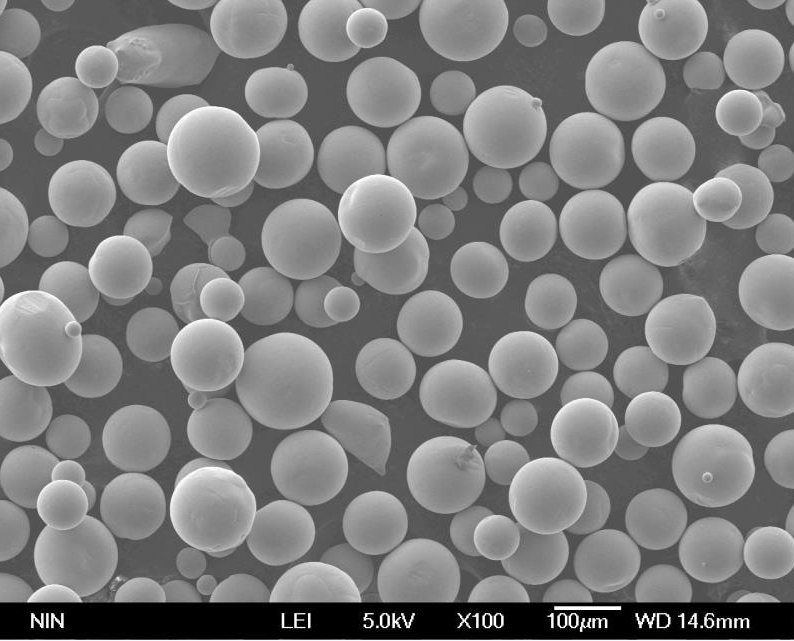
Características de la aleación de titanio Ti64
Lo que hace destacar al Ti64 no es sólo su composición, sino también sus extraordinarias características. Exploremos qué hace de esta aleación una de las favoritas en aplicaciones de alto rendimiento:
- Elevada relación resistencia/peso: El Ti64 es increíblemente resistente para su peso, lo que lo hace ideal para aplicaciones en las que tanto la resistencia como la ligereza son cruciales.
- Excelente resistencia a la corrosión: Gracias a su alto contenido en titanio, Ti64 resiste la corrosión en la mayoría de los entornos, incluida el agua de mar y los entornos químicos agresivos.
- Buena resistencia a la fatiga: El Ti64 puede soportar tensiones repetidas sin sufrir un desgaste significativo, lo que lo hace perfecto para piezas sometidas a cargas cíclicas, como los componentes aeronáuticos.
- Biocompatibilidad: La aleación es biocompatible, lo que significa que es segura para su uso en implantes médicos, como prótesis articulares o implantes dentales.
Propiedades detalladas de Aleación de titanio Ti64
A continuación se indican las propiedades esenciales de la aleación de titanio Ti64 que la hacen tan valiosa en diversas industrias:
| Propiedad | Valor |
|---|---|
| Densidad | 4,43 g/cm³ |
| Resistencia a la tracción | 895 MPa (mínimo) |
| Límite elástico | 828 MPa (mínimo) |
| Alargamiento | 10% |
| Módulo elástico | 110 GPa |
| Dureza (Rockwell C) | 36 HRC |
| Conductividad térmica | 7,2 W/m-K |
| Punto de fusión | 1.660°C (3.020°F) |
| Coeficiente de dilatación | 8,6 µm/m-K |
Aplicaciones de la aleación de titanio Ti64
Dadas sus impresionantes propiedades, no es de extrañar que el Ti64 encuentre aplicaciones en una amplia gama de industrias. Estas son algunas de las áreas clave en las que se utiliza el Ti64:
| Industria | Solicitud | Motivo de uso |
|---|---|---|
| Aeroespacial | Componentes estructurales de aeronaves, trenes de aterrizaje | Elevada relación resistencia/peso, resistencia a la fatiga |
| Automotor | Piezas de motor de alto rendimiento, sistemas de escape | Resistencia a la corrosión, ventajas de la reducción de peso |
| Biomédica | Implantes de cadera y rodilla, implantes dentales | Biocompatibilidad, resistencia a la corrosión |
| Marina | Hélices, componentes del casco, equipos de perforación en alta mar | Excelente resistencia a la corrosión en agua de mar |
| Procesado químico | Intercambiadores de calor, recipientes a presión | Resistencia a entornos corrosivos, resistencia a altas temperaturas |
| Equipamiento deportivo | Cuadros de bicicleta, cabezas de palos de golf, raquetas de tenis | Ligereza, alta resistencia, durabilidad |
Grados y normas de la aleación de titanio Ti64
Cuando se trabaja con Ti64, es esencial conocer los grados y normas específicos que se aplican. Éstas ayudan a garantizar que el material cumple los criterios de rendimiento requeridos para las distintas aplicaciones.
| Grado | Estándar | Especificación | Uso común |
|---|---|---|---|
| 5º curso | ASTM B348, AMS 4928 | Grado común, muy utilizado en la industria aeroespacial y médica | Aeroespacial, implantes médicos, equipamiento deportivo de alto rendimiento |
| Grado 23 (ELI) | ASTM F136, AMS 2631 | Grado intersticial extra bajo para una mayor tenacidad | Aplicaciones biomédicas que requieren biocompatibilidad |
| Grado 9 | ASTM B265 | Ti-3Al-2,5V, menor contenido de aluminio, mejor conformabilidad | Tuberías de alta presión, equipamiento deportivo |
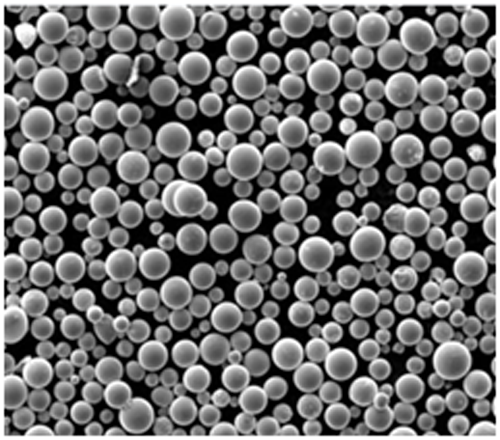


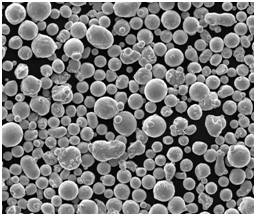
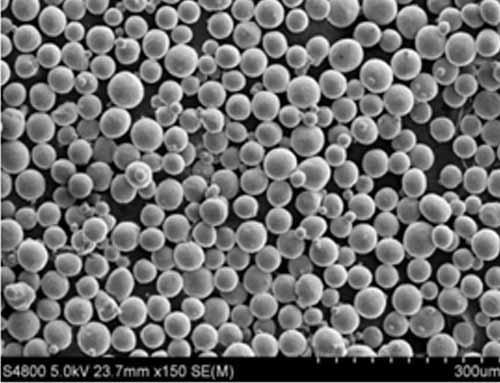
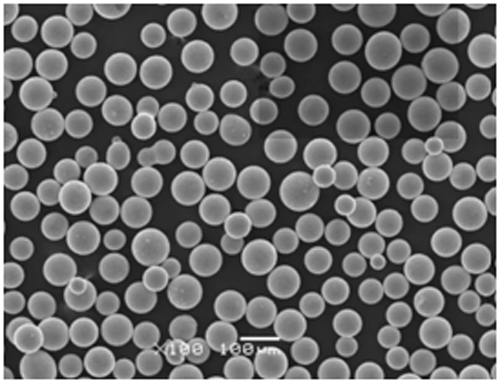
Ventajas y desventajas de Aleación de titanio Ti64
A la hora de decidir si utilizar Ti64 en su proyecto, es crucial sopesar los pros y los contras. He aquí un desglose:
| Ventajas | Desventajas |
|---|---|
| Elevada relación resistencia/peso | Caro en comparación con otros materiales como el acero o el aluminio |
| Excelente resistencia a la corrosión | Difícil de mecanizar, requiere herramientas y técnicas especializadas |
| Biocompatibilidad | Disponibilidad limitada en algunas regiones |
| Buen rendimiento tanto a altas como a bajas temperaturas | Susceptible al gripado, especialmente en contacto con materiales similares |
| Versatilidad en una amplia gama de aplicaciones | Soldabilidad limitada sin las técnicas adecuadas |
Comprensión de los modelos específicos de polvo metálico de aleación de titanio Ti64
Para los interesados en la impresión 3D o la pulvimetalurgia, es vital conocer los modelos específicos de polvo metálico de la aleación de titanio Ti64. He aquí una lista de algunos modelos comunes disponibles en el mercado, cada uno con propiedades y aplicaciones únicas:
| Nombre del modelo | Fabricante | Gama de tamaños de partículas | Solicitud | Características especiales |
|---|---|---|---|---|
| Ti64-G23 | Aditivo para carpinteros | 15-45 µm | Biomedicina, implantes dentales | Extra Low Interstitial (ELI) para una mejor biocompatibilidad |
| Ti64 ELI 50 | AP&C | 20-50 µm | Componentes aeroespaciales, productos sanitarios | Partículas esféricas de gran pureza para una calidad constante |
| Ti64-Grado5 | EOS | 20-63 µm | Aeroespacial, automoción, piezas industriales | Polvo versátil con excelentes propiedades mecánicas |
| Ti64-1100 | Tecnologías de superficie Praxair | 15-53 µm | Fabricación aditiva, geometrías complejas | Granulometría fina para una impresión detallada |
| Ti64 Titanio en polvo | Renishaw | 15-45 µm | Aplicaciones médicas, aeroespaciales e industriales | Alta fluidez, excelente uniformidad de capa |
| Ti64-25 | Tekna | 25-50 µm | Aplicaciones de alta resistencia, componentes críticos | Distribución uniforme del tamaño del polvo, alta densidad |
| Ti64-Al-4V Polvo | Oerlikon Metco | 20-60 µm | Aeroespacial, automoción, industrial | Granulometría controlada para una calidad de fabricación uniforme |
| Ti64-130 | Aditivos GKN | 15-53 µm | Implantes médicos, componentes aeroespaciales | Alta biocompatibilidad, morfología de partículas consistente |
| Ti64-ELI | Arcam (GE Additive) | 15-45 µm | Implantes quirúrgicos, restauraciones dentales | Grado ELI para una tenacidad y biocompatibilidad superiores |
| Ti64-FN | Tecnología LPW | 10-45 µm | Piezas aeroespaciales de alto rendimiento | Polvo fino para detalles intrincados, mejor acabado superficial |
Ventajas de la aleación de titanio Ti64 sobre otros materiales
Ahora que ya hemos tratado los aspectos básicos, vamos a explicar por qué elegir Ti64 en lugar de otros materiales como el acero o el aluminio:
- Mejor relación resistencia-peso: En comparación con el acero, el Ti64 ofrece una relación resistencia-peso superior, lo que significa que se obtiene la misma (o mayor) resistencia con menos material. Esto lo hace ideal para aplicaciones sensibles al peso, como la aeroespacial.
- Resistencia a la corrosión: A diferencia del aluminio, que puede corroerse en entornos agresivos, el Ti64 resiste diversas condiciones, como el agua salada y los entornos ácidos, lo que lo hace más duradero y resistente.
- Temperatura: El Ti64 conserva sus propiedades mecánicas tanto a altas como a bajas temperaturas, lo que lo hace más versátil en comparación con materiales como el aluminio, que puede debilitarse a altas temperaturas.
Retos del trabajo con Aleación de titanio Ti64
Por supuesto, el Ti64 no está exento de dificultades. Estas son algunas de las dificultades más comunes a las que nos enfrentamos cuando trabajamos con esta aleación:
- Maquinabilidad: El Ti64 es muy difícil de mecanizar. Su alta resistencia y baja conductividad térmica hacen que las herramientas se desgasten con rapidez. A menudo se necesitan técnicas y equipos especializados para mecanizar Ti64 con eficacia.
- Coste: El Ti64 es más caro que muchos otros materiales, como el aluminio o el acero. Este coste puede ser un factor importante a la hora de decidir si utilizar esta aleación para una aplicación determinada.
- Soldabilidad: La soldadura de Ti64 requiere un control cuidadoso del proceso para evitar problemas como grietas o porosidad. El uso del material de relleno adecuado y un entorno limpio y controlado son esenciales para el éxito de la soldadura.
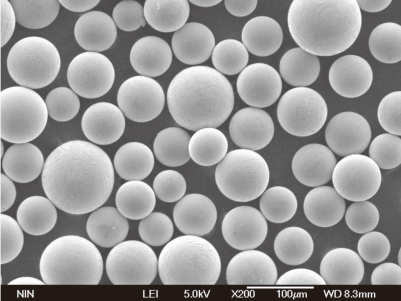
Preguntas más frecuentes
A continuación, le presentamos unas preguntas frecuentes sobre la aleación de titanio Ti64:
| Pregunta | Respuesta |
|---|---|
| ¿Qué es la aleación de titanio Ti64? | Ti64 es una aleación de titanio que contiene 6% de aluminio y 4% de vanadio, conocida por su gran solidez y resistencia a la corrosión. |
| ¿Dónde se utiliza habitualmente Ti64? | El Ti64 se utiliza ampliamente en las industrias aeroespacial, biomédica, automovilística y naval. |
| ¿Es biocompatible el Ti64? | Sí, el Ti64 es biocompatible y se utiliza habitualmente en implantes médicos. |
| ¿Cuáles son los retos del mecanizado de Ti64? | El mecanizado del Ti64 es difícil debido a su resistencia y baja conductividad térmica, por lo que requiere herramientas y técnicas especializadas. |
| ¿Cómo se compara el Ti64 con el acero? | El Ti64 ofrece una mejor relación resistencia-peso y una mayor resistencia a la corrosión, pero es más caro y más difícil de mecanizar. |
Esto es sólo un segmento inicial para empezar. El artículo completo ampliaría cada una de estas secciones, entrando en más detalles, especialmente en la comparación del Ti64 con otros materiales, estudios de casos de sus aplicaciones, especificaciones detalladas de los distintos grados y una exploración más profunda de los procesos y retos de fabricación.
